Is Christmas canceled? China seems to think so, blaming Trump’s tariffs
Chinese producers of plastic Christmas trees and other festive decorations say orders from U.S. clients, which are crucial for their business, should have started to come in by now. But because of surging import tariffs, they haven’t. U.S. President Donald Trump has raised tariffs on Chinese imports by 104% so far this year in an escalating trade war that threatens great pain for the world’s largest exporter of manufactured goods. U.S. retailers are almost completely reliant on China for Christmas decorations, where they source 87% of such goods — worth roughly $4 billion. Chinese factories are also heavily dependent on the U.S. market, where they sell half of what they make. If Americans want new Christmas decorations this year, they will have to pay a lot more for them — if they can find them on the shelves at all. “So far this year, none of my American customers have placed any orders,” said Qun Ying, who runs an artificial Christmas tree factory in the eastern city of Jinhua. “Of course it’s about the tariffs. By mid-April all the orders are normally finalised, but right now … it’s hard to know if any orders are coming. Maybe American customers won’t buy anything this year.” In Shaoxing, some 160 kilometres (100 miles) away from Jinhua, factory owner Liu Song was confident his business can cope by trying to sell more to Russia, Europe and Southeast Asia, which together take 75% of his products already. “We are worried that U.S. orders will come down,” he said, while adding: “We will definitely win this trade war.” Jessica Guo, who also manages a Christmas tree factory in Jinhua, said she was just notified by an important U.S. customer that it is pausing a 3 million yuan ($408,191) order for which she had already spent 400,000 yuan on materials. She expects that order will soon be cancelled and worries about her business. “My peers and I rely on U.S. orders to survive,” Guo said. “This will inevitably affect a lot of people. No one can escape.” Economists say the trade war will shave 1-2 percentage points off Chinese economic growth this year, exacerbate industrial overcapacity issues, threaten jobs, and further fuel deflationary forces. As Chinese exporters sell less to the U.S., which last year bought goods worth more than $400 billion, they will have to compete ever more intensely on prices in other markets. This will hit their already-thin profit margins and force them to cut costs at home, economists say. Guo’s 10,800-square metre (116,250-square foot) factory employs 140 people regularly, but that number can hit 200 in peak production season over the summer. This year she does not expect to need extra workers. “Losing the U.S. market will definitely impact many people’s jobs,” said Guo. Domestic demand for Christmas decorations in China is insignificant, she added. SILENT NIGHTS Sourcing from countries other than China will be difficult. The second-biggest exporter of Christmas decorations to the U.S. is Cambodia, which makes 5.5% of the goods, and last week Trump imposed a 49% tariff on Cambodian imports. Shifting production to the U.S., one of Trump’s goals in imposing tariffs on China and almost every other country in the world, is not feasible, says Jami Warner, executive director of the American Christmas Tree Association. “They certainly can’t be made in the United States. There’s no manufacturing, the technology isn’t here, the labour market isn’t here,” said Warner. Warner, who expects significant, but hard to estimate, price increases, says 80% of all Christmas trees displayed in the U.S. are artificial. The pre-lit trees, which is most of them, are only made in China. She decries her industry becoming collateral damage in a geopolitical fight. “What our members make and sell are not strategic products,” said Warner. “We’re not threatening. We’re a happy, joyful business. We’d like to stay in that joyful business.” ($1 = 7.3499 Chinese yuan renminbi) (This story has been refiled to change additional reporting credit to Xiaoyu Yin from Xihao Jiang) —Andrew Silver and Casey Hall, Reuters

Chinese producers of plastic Christmas trees and other festive decorations say orders from U.S. clients, which are crucial for their business, should have started to come in by now. But because of surging import tariffs, they haven’t.
U.S. President Donald Trump has raised tariffs on Chinese imports by 104% so far this year in an escalating trade war that threatens great pain for the world’s largest exporter of manufactured goods.
U.S. retailers are almost completely reliant on China for Christmas decorations, where they source 87% of such goods — worth roughly $4 billion. Chinese factories are also heavily dependent on the U.S. market, where they sell half of what they make.
If Americans want new Christmas decorations this year, they will have to pay a lot more for them — if they can find them on the shelves at all.
“So far this year, none of my American customers have placed any orders,” said Qun Ying, who runs an artificial Christmas tree factory in the eastern city of Jinhua.
“Of course it’s about the tariffs. By mid-April all the orders are normally finalised, but right now … it’s hard to know if any orders are coming. Maybe American customers won’t buy anything this year.”
In Shaoxing, some 160 kilometres (100 miles) away from Jinhua, factory owner Liu Song was confident his business can cope by trying to sell more to Russia, Europe and Southeast Asia, which together take 75% of his products already.
“We are worried that U.S. orders will come down,” he said, while adding: “We will definitely win this trade war.”
Jessica Guo, who also manages a Christmas tree factory in Jinhua, said she was just notified by an important U.S. customer that it is pausing a 3 million yuan ($408,191) order for which she had already spent 400,000 yuan on materials.
She expects that order will soon be cancelled and worries about her business.
“My peers and I rely on U.S. orders to survive,” Guo said. “This will inevitably affect a lot of people. No one can escape.”
Economists say the trade war will shave 1-2 percentage points off Chinese economic growth this year, exacerbate industrial overcapacity issues, threaten jobs, and further fuel deflationary forces.
As Chinese exporters sell less to the U.S., which last year bought goods worth more than $400 billion, they will have to compete ever more intensely on prices in other markets.
This will hit their already-thin profit margins and force them to cut costs at home, economists say.
Guo’s 10,800-square metre (116,250-square foot) factory employs 140 people regularly, but that number can hit 200 in peak production season over the summer. This year she does not expect to need extra workers.
“Losing the U.S. market will definitely impact many people’s jobs,” said Guo.
Domestic demand for Christmas decorations in China is insignificant, she added.
SILENT NIGHTS
Sourcing from countries other than China will be difficult. The second-biggest exporter of Christmas decorations to the U.S. is Cambodia, which makes 5.5% of the goods, and last week Trump imposed a 49% tariff on Cambodian imports.
Shifting production to the U.S., one of Trump’s goals in imposing tariffs on China and almost every other country in the world, is not feasible, says Jami Warner, executive director of the American Christmas Tree Association.
“They certainly can’t be made in the United States. There’s no manufacturing, the technology isn’t here, the labour market isn’t here,” said Warner.
Warner, who expects significant, but hard to estimate, price increases, says 80% of all Christmas trees displayed in the U.S. are artificial. The pre-lit trees, which is most of them, are only made in China.
She decries her industry becoming collateral damage in a geopolitical fight.
“What our members make and sell are not strategic products,” said Warner.
“We’re not threatening. We’re a happy, joyful business. We’d like to stay in that joyful business.”
($1 = 7.3499 Chinese yuan renminbi)
(This story has been refiled to change additional reporting credit to Xiaoyu Yin from Xihao Jiang)
—Andrew Silver and Casey Hall, Reuters















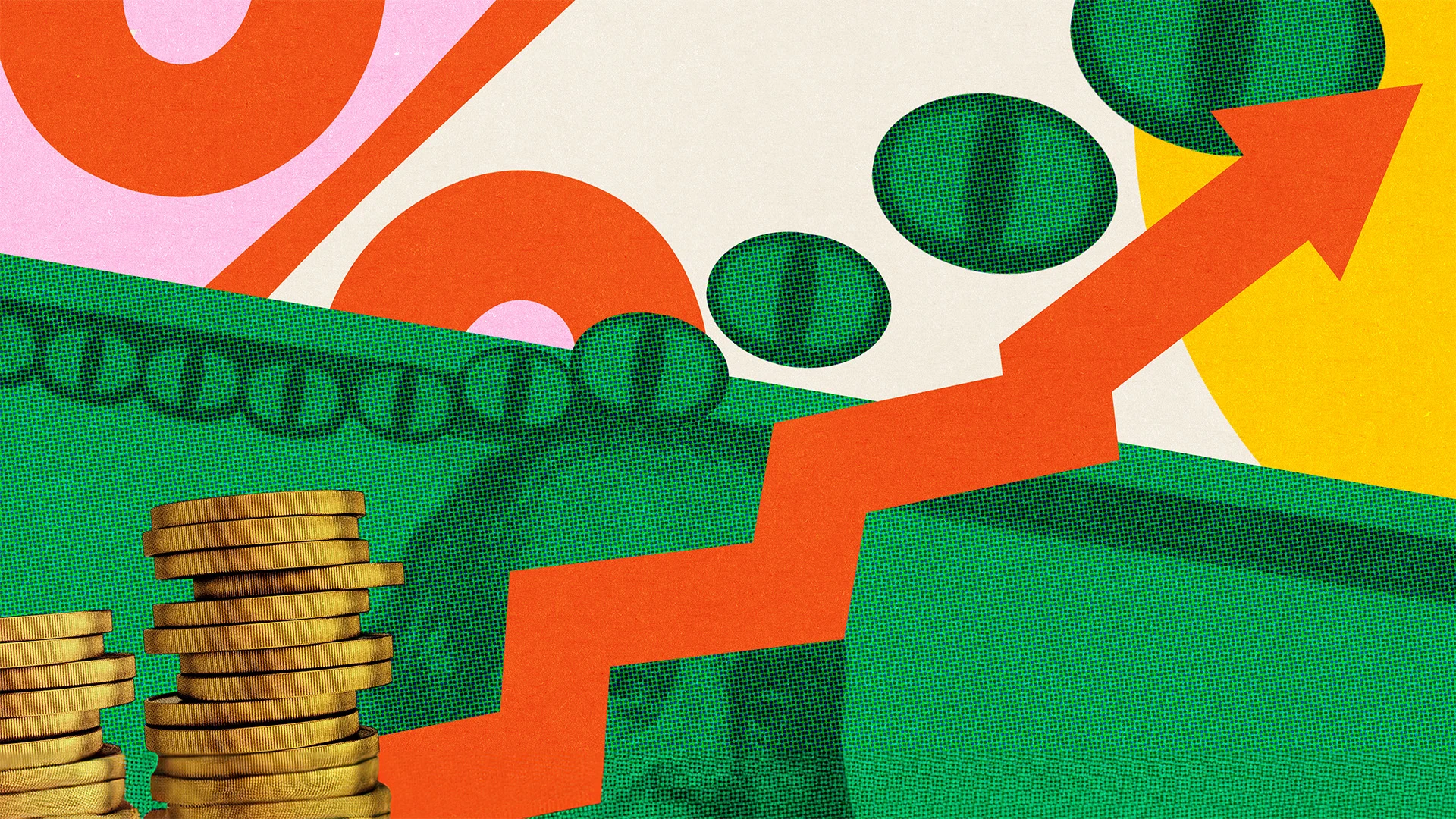









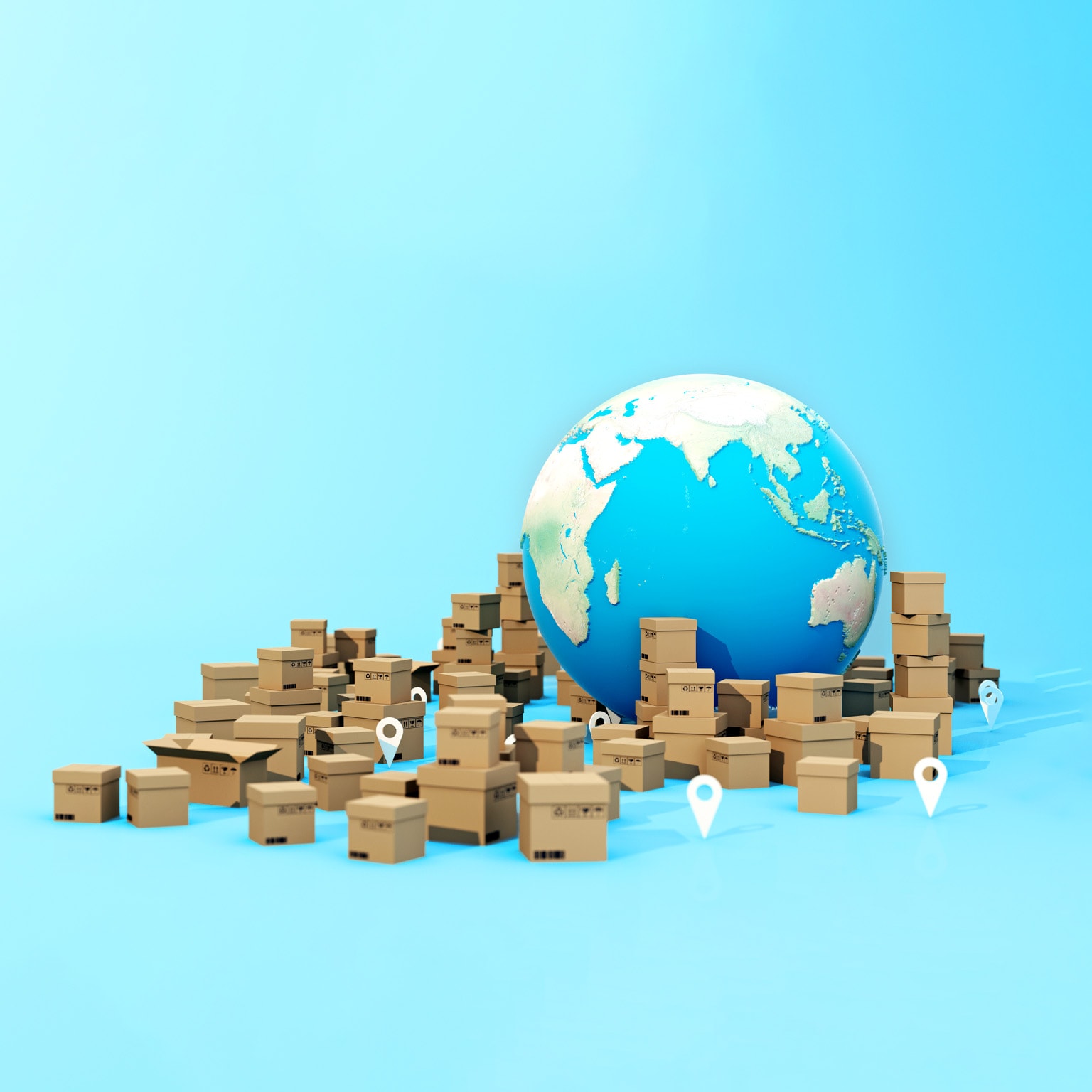












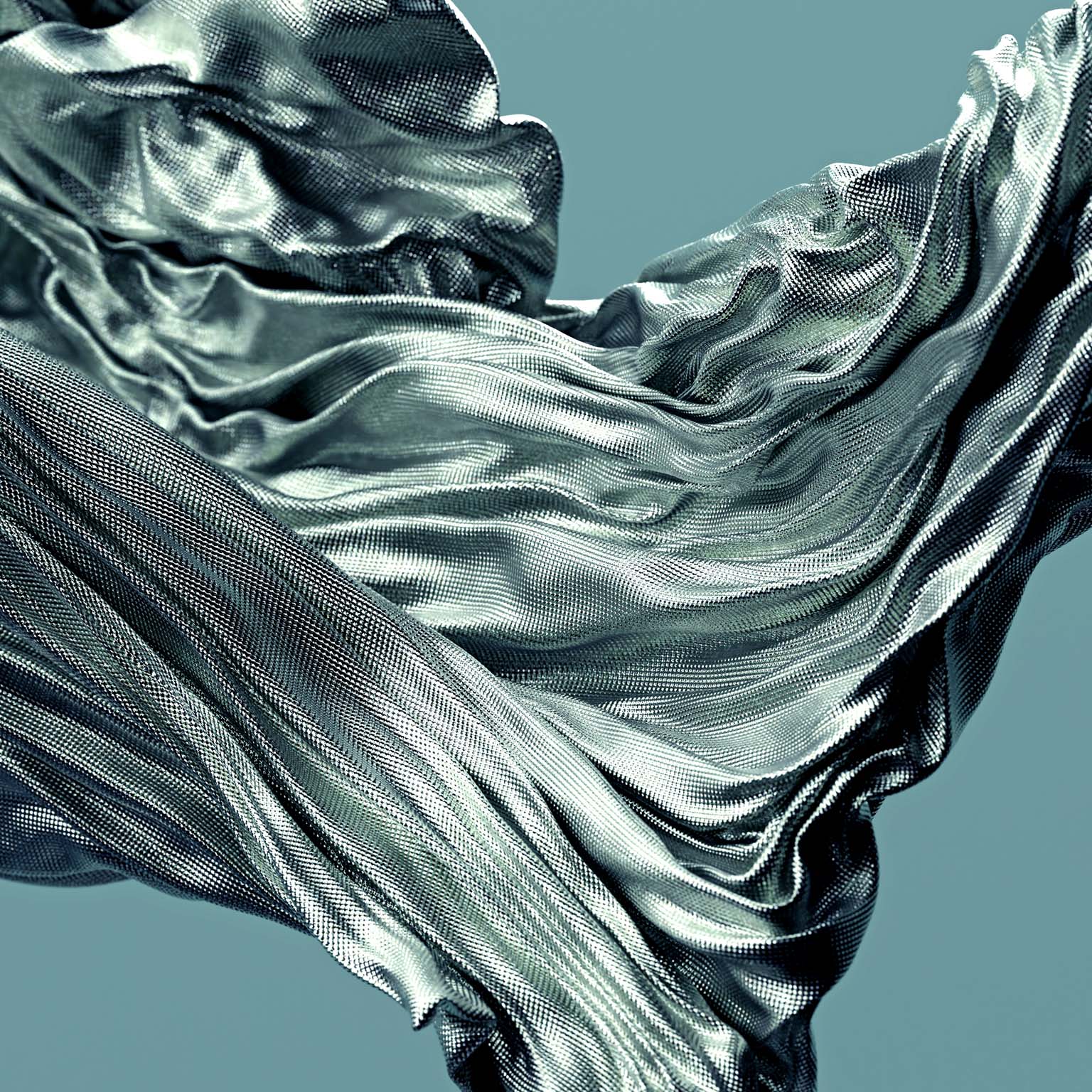
























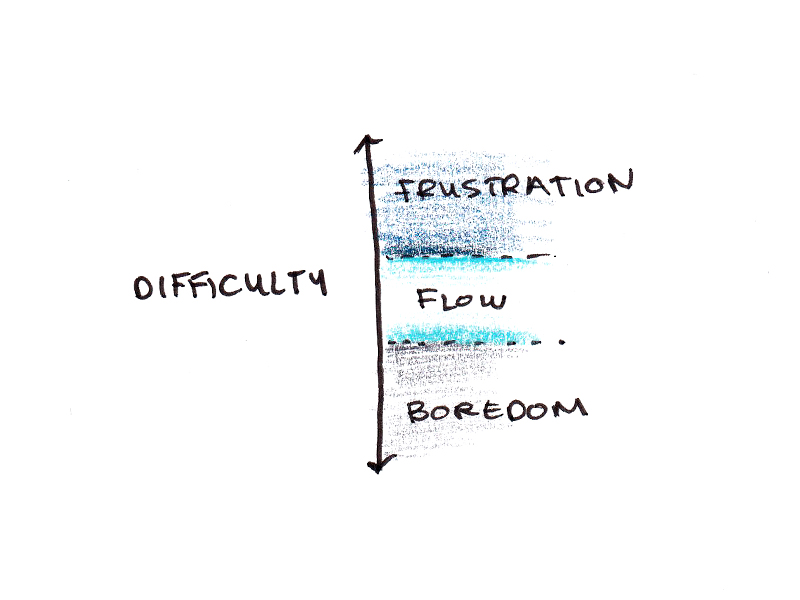
















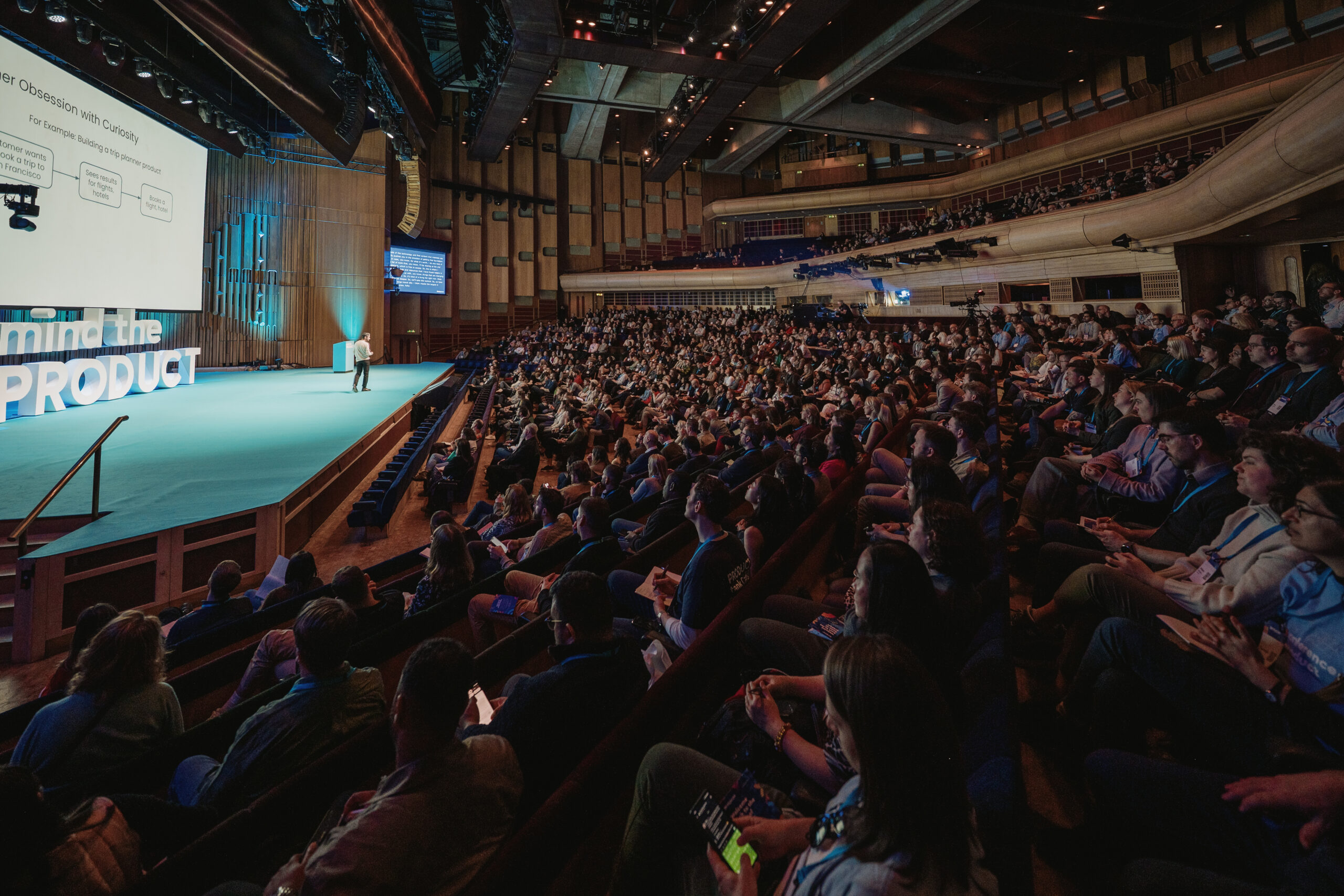




















![Building A Digital PR Strategy: 10 Essential Steps for Beginners [With Examples]](https://buzzsumo.com/wp-content/uploads/2023/09/Building-A-Digital-PR-Strategy-10-Essential-Steps-for-Beginners-With-Examples-bblog-masthead.jpg)





![How One Brand Solved the Marketing Attribution Puzzle [Video]](https://contentmarketinginstitute.com/wp-content/uploads/2025/03/marketing-attribution-model-600x338.png?#)





































